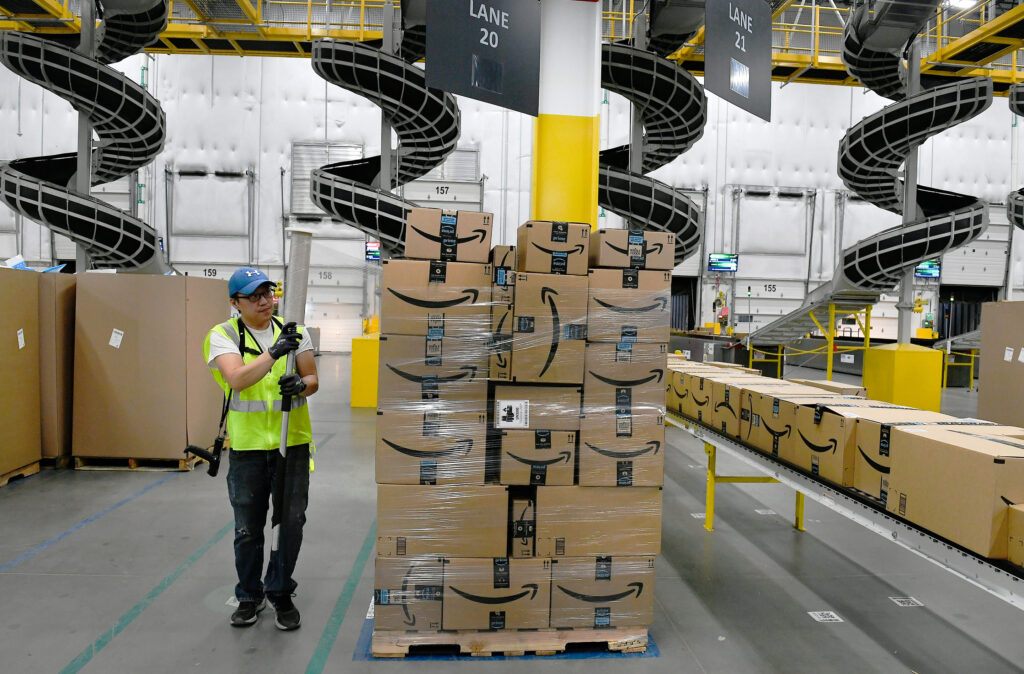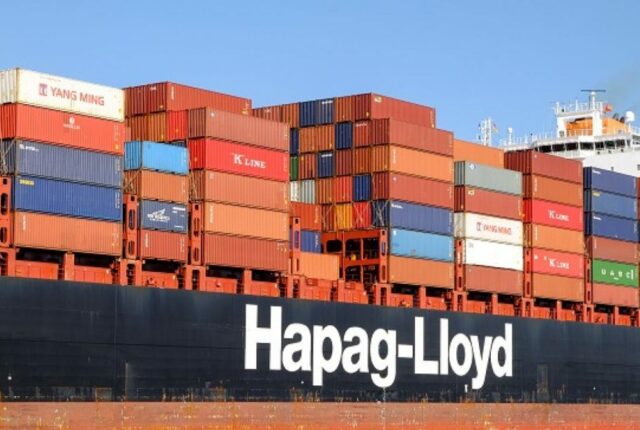
Impact of E-Commerce Growth on Logistics Companies
The impact of e-commerce growth on Logistics companies in recent years has been well documented. The rise of e-commerce and the digital marketplace phenomenon, also known as “The Amazon Effect,” has inevitably changed the structure of consumer buying behaviour and expectations. Consumers now expect fast, free shipping and competitive pricing companies are now forced to adjust their strategies to provide the low-cost and on-demand delivery service that consumers now demand.
E-commerce represents a growing share of the retail market. Reports indicate that e-commerce accounted for 14.3% of all retail sales in 2018, up 15 percent year-over-year. In fact, it’s estimated that e-commerce sales will reach 17.5 percent of retail sales worldwide by the end of this year. This exponential growth and demand will undoubtedly impact the logistics and transportation industry as they will need to be prepared to manage increased volume and delivery expectations.
The Director of Across the Ocean Shipping, David Aherne, agrees that E-Commerce has had an impact on the logistics industry. “When you think of Amazon, you don’t think of the behind the scene processes that occur. You click, order then expect your package to be at your door in no time. You don’t think about how much it costs to transport these orders from A to B i.e your house. Companies like Amazon have indeed affected the third party logistics world and we are constantly competing to achieve the best rates and to remain competitive amidst the industry changes”.
To meet the changing expectations of consumers while remaining profitable and generating growth, logistics and transportation companies should consider solutions that offer a combination of flexibility, convenience and competitive pricing. By utilizing shorter equipment life cycles, freight forwarding companies can successfully evolve to meet the ever-changing consumer demands.
What have you done to adapt to the ever-growing ecommerce world?






